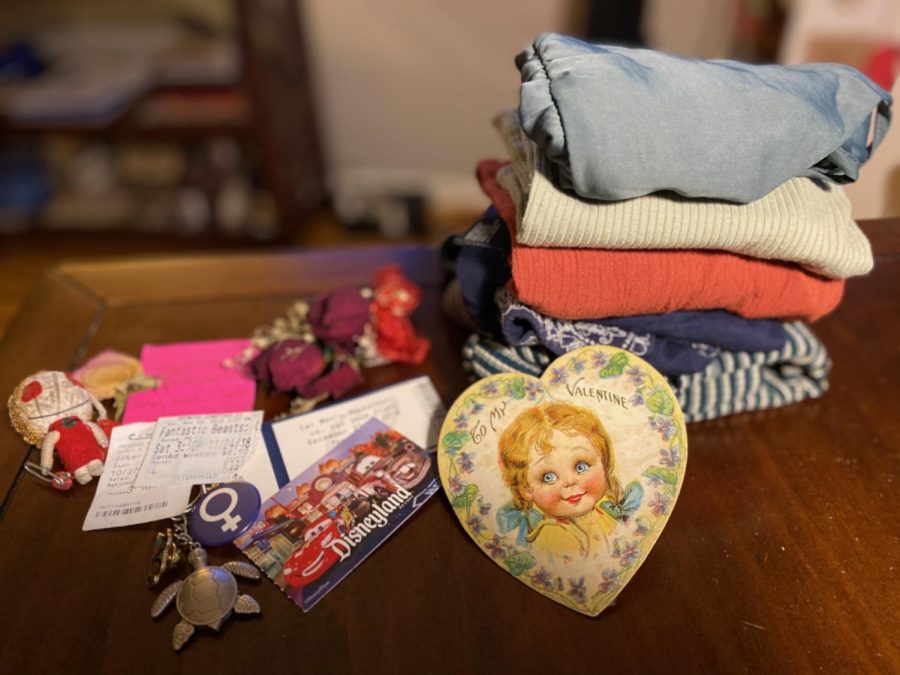I’ve always been a hyper-organized person; everything from the alphabetized books in my room, to my current to-do list, is meticulous. For me, “spring cleaning” is not a chore but a welcome opportunity to reorganize and make space for new clothes or items. Yet, recently, I’ve had serious doubts whether I’m doing enough.
Organization gurus like Marie Kondo have put a spanner in my works. Kondo and her tidying philosophy, which asks you to discard everything that doesn’t “spark joy,” has made me feel as if nothing short of a complete purge for the many, many things I’ve accumulated in my short life, will do. Kondo’s philosophy sits uneasily with me.
While I’m all for keeping your life’s possessions well-curated and pared-down, I’m also a firm believer in the sentimental value of objects. In other words, I’m not too crazy about a purge of one’s belongings as advocated by Kondo, even if all you own can objectively be classified as ‘junk.’ For example, an object may not provide me with joy at the moment, but it may have some other meaning that makes it valuable to keep such as a family heirloom.
I can see why Kondo’s philosophy is resonating with people. Her Netflix series, “Tidying Up with Marie Kondo,” follows Kondo around the cluttered homes of families who need help sorting and cleaning and organizing their possessions. Kondo’s basic philosophy is simple—Does it give you a thrill of excitement when you hold it? If not, you don’t need it. The item does not “spark joy,” so you need to thank it for its service and discard it.
For groups of people like hoarders, families in small apartments, and even college students who have one-too-many coffee mugs in their dorms, this philosophy is a game-changer. For me, it overlooks the sentiments that are inextricably linked with some objects. They may or may not “spark joy” in Kondo’s terms, but she does not stop at that. Her underlying philosophy is rigidly utilitarian, too—if you don’t need it; ideally, you should toss it.
In any case, Kondo is not one that finds joy in many objects, but is that true for everyone? I do agree that sentimental attachments don’t describe my relationship to all my possessions, and joy comes from an even smaller subset. But is it worth my mental space to go searching for pure joy every time I pick up something?
I don’t know about Kondo, but that would exhaust me. My possessions may just represent memories, ideas, aspirations for something or reminders to get to something else…or just be deeply utilitarian. I find value in all those things. Once in a while, even orderly chaos seems necessary. And anyway, there are certainly greater, more joyful, pursuits for my time than folding my clothes and emptying my bag every single day.
So, an intentional life? Yes. An orderly one? Absolutely! But an all or nothing Marie Kondo existence? I will reserve my judgment on that.












